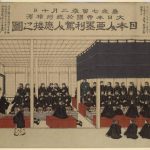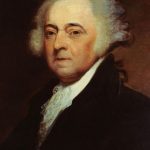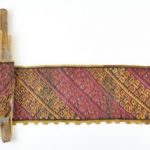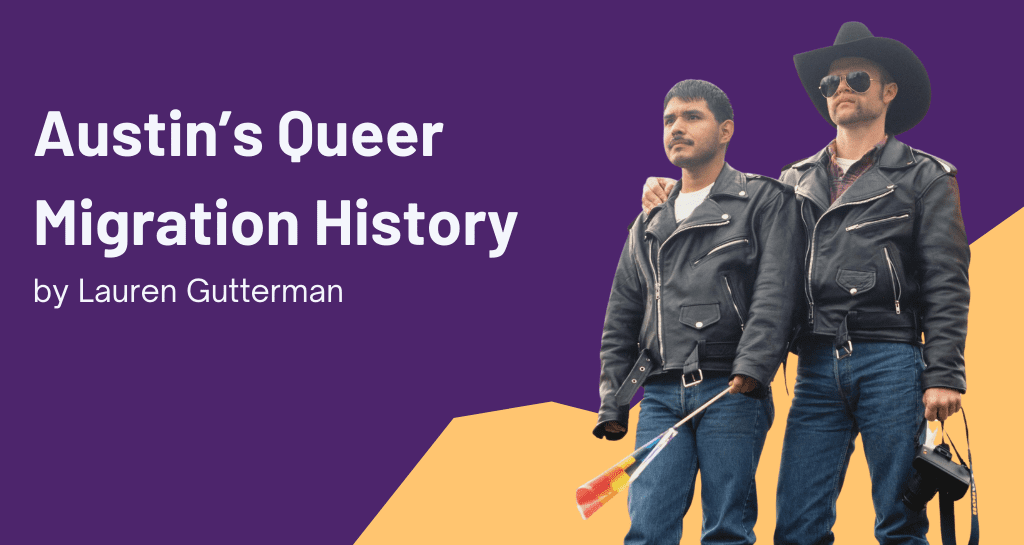
From the editors: This article first appeared in QT Voices, which is the online magazine of the LGBTQ Studies Program at The University of Texas at Austin. For the original article see here.
Austin is a city with a rich LGBTQ past, one that both echoes and diverges from queer history in other American cities. The University of Texas has played a key role in this story, enabling the growth of queer community by drawing students to the city, while spurring LGBTQ activism with its resistance to LGBTQ visibility. This year, LGBTQ Studies students helped document some of those vital stories.
In Spring 2021, my course, “Preserving Austin’s Queer History,” trained undergraduate students to conduct oral history interviews with LGBTQ community members past and present. Despite the challenges of the COVID-19 pandemic and the February 2021 weather disaster, the fifteen students in this class conducted oral history interviews with nineteen people. These oral history narrators range in age from thirty-four to eighty-four years old. They include gay, lesbian, bisexual, queer, trans and non-binary people, as well as artists and performers, grassroots activists, and small business owners. They are white, Black, Latinx, Asian American, and multi-racial. And they have contributed to Austin’s LGBTQ history and to local struggles against injustice in a variety of ways.
Much of the scholarship on LGBTQ history focuses on northern urban centers. Many researchers, working across a range of disciplines, have recognized the lack of attention paid to LGBTQ life across the South, and a growing number of books are centering queer history in Southern cities and states. As I began preparing for my course this past semester, I realized I was hardly alone in recognizing the need to document Austin’s LGBTQ past. Local journalists have drawn attention to the need to preserve Austin’s queer history. Professor Laurie Green has recorded interviews with lesbian elders for her Austin Women Activists Oral History Project. Working together with Austin’s History Center, the Austin LGBT Coalition on Aging recently launched The Memory Project, an effort to collect and preserve historical materials pertaining to Austin’s LGBTQ history. The activist group, Queerbomb, has started collecting queer elders’ stories. And Preservation Austin is working to get city, state and federal recognition for LGBTQ spaces of historic significance.
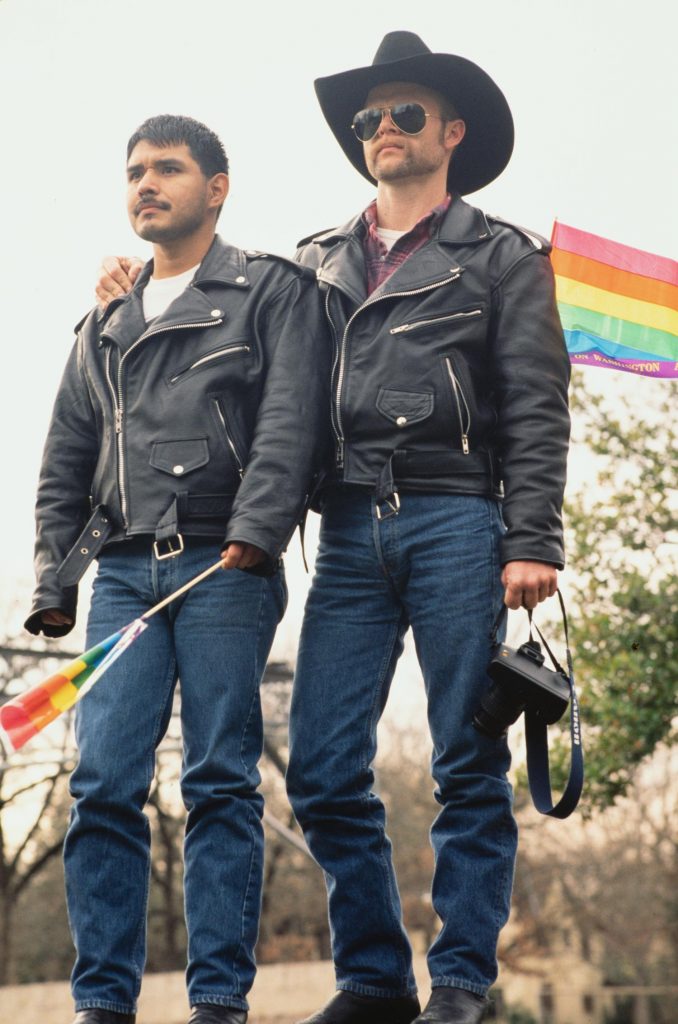
Still, oral history interviews with Austin LGBTQ community members are needed and the undergraduates in “Preserving Austin’s Queer History” took steps to address this omission. We began the course by learning about LGBTQ community histories in other cities since the liberation era. We read a wide range of case studies about the lesbian feminist movement in 1970s Chicago, Black HIV/AIDS organizing in 1980s Philadelphia, and contemporary undocuqueer youth activism in Miami, from Professor Karma Chávez’s edited collection. We then familiarized ourselves with Austin’s queer past, drawing on recent articles in The Austin Chronicle, documentaries, and former University of Texas at Austin student Eric Jason Ganther’s 1990 master’s thesis. We spoke with the leaders of similar local history projects including the Tretter Transgender Oral History Project, the Twin Cities GLBT Oral History Project, and the Queer Newark Oral History Project. Finally, the students read classic writing on oral history methodology and ethical issues before embarking on their own interviews.
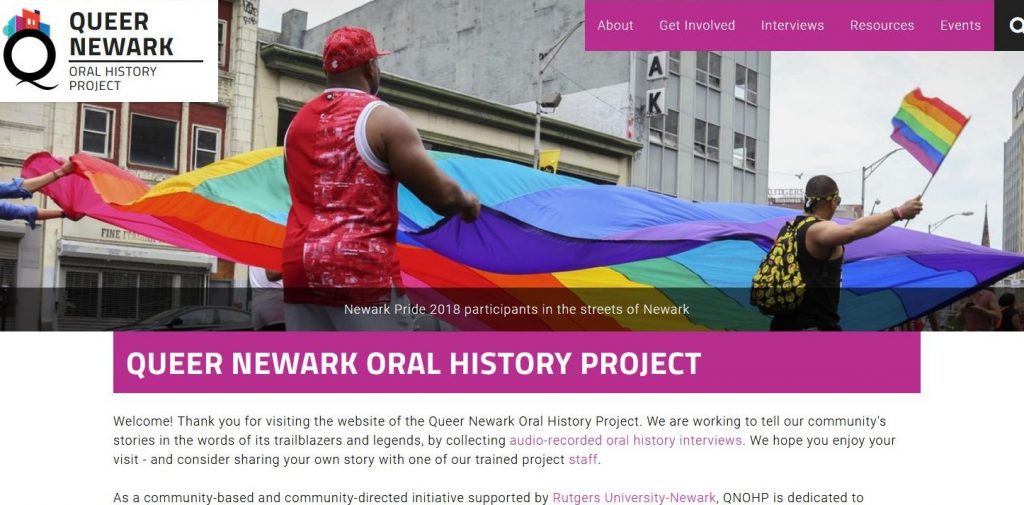
Migration is a theme that weaves through many of these oral history interviews. Nearly all of the narrators who shared their stories grew up outside of Austin, and most students asked their narrators to explain how and why they came to the city. Several of the people we spoke with moved to Austin to pursue their undergraduate or graduate education at the university, but not everyone’s path to Austin was so clear. Lois Ahrens, founder of the Real Cost of Prisons Project, came to Austin on a cross-country road trip in 1970 and ended up staying a decade. After living in New York City and Chicago, Houston-raised trans rights advocate and Ground Floor Theater founder Lisa Scheps moved to Austin in 2003 to be closer to family. Other narrators reflected on leaving the city. Ana Ixchel Rosal, former director of the Gender and Sexuality Center, decided to leave Austin in part because of the anti-Black racism her family experienced here.
The theme of migration also speaks to these interviews in another more metaphorical sense as many narrators reflected on the ways their lives and identities had changed and evolved over time. Tom Doyal, an early legal advocate for gay and lesbian rights in Austin and founder of Liberty Books, came out as gay in the 1980s after two marriages to women. Nina Wouk, a co-founder of the Austin Lesbian Organization in 1975, has since come to recognize themselves as non-binary. In her interview, artist, activist, and 2019 Austin Dyke March host Beth Schindler discussed shifting from a queer to a dyke identity. Other narrators, like Allan Baker, former co-chair of the Austin Lesbian/Gay Political Caucus, reflected on moving from a career as an LGBTQ rights activist to pursue his calling as a playwright.
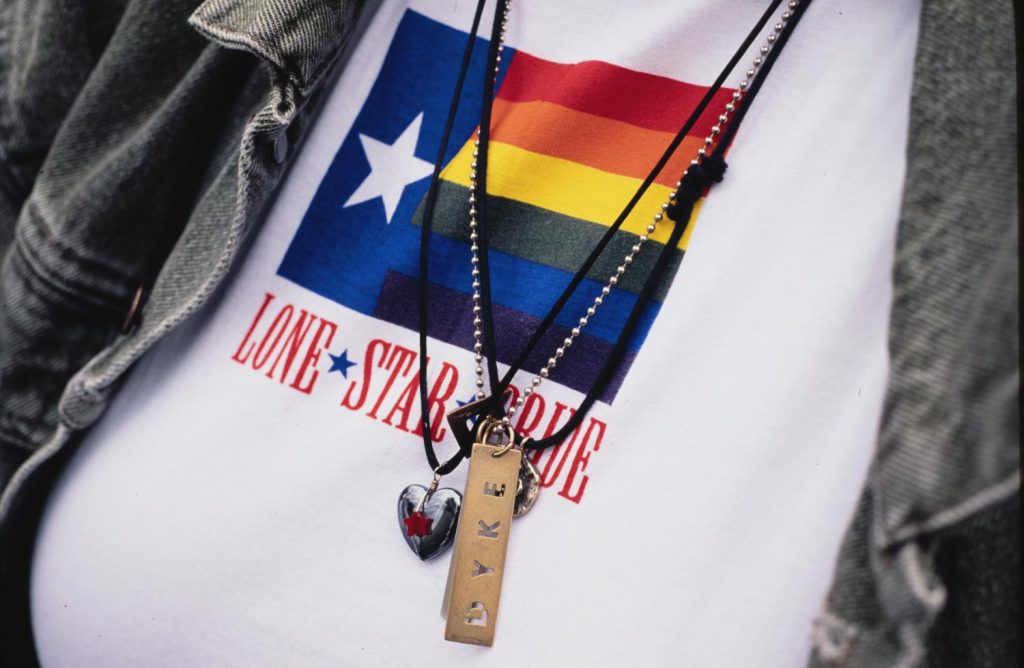
Austin’s vibrant art and music cultures intertwine with the city’s LGBTQ history, and almost all of the narrators we spoke with are creatives. The Chicano movement has been an important factor in Austin’s LGBTQ history as well. Students in this course interviewed Yolanda Chávez-Leyva and Dennis Medina who, among others, founded Chispa in the 1980s, the first gay Chicano organization in the city and a precursor to allgo (initially the Austin Latino/a Lesbian and Gay Organization).
Several narrators made clear that racial and economic inequality have continued to shape LGBTQ life in Austin, and they rejected notions of steady political progress over time. As Beth Schindler noted, for white queer people Austin has “become like a playground.” But “for other communities within that community, it’s not necessarily the same story…Austin is fucking hard right now. This is a really, really hard place to be right now. If you don’t have money, it’s a really hard place to be. So I think that has a huge effect on queer communities. Especially for communities of color.” Jeremy Teel, a former leader of Austin Black Pride, explained that it was only after moving to Austin in 2010 that he had the experience of being the only Black person in LGBTQ spaces: “There were no Black people. I had never experienced non-Black space. I didn’t know what that — it was weird. To be the only Black person in the room. I did not get it…And so that’s kind of where the activism started.”
The incredible work the students did in “Preserving Austin’s Queer History” is the beginning of a much longer oral history collecting project, one that I look forward to continuing in the future. But the process of recording these first few oral history interviews is an important achievement in and of itself. At the conclusion of this course, I asked students to reflect on what they learned from conducting an oral history interview for the first time, and I was gratified to learn how much students took from this course and how much it affected them. But you don’t have to take my word for it: you can read the final reflections of Libby Sears, April Baik, Téa Anderson, Michelle Sanchez, and Arely González here for yourself. What is more, once the restrictions of the pandemic have lifted, you can visit the Austin History Center to read or listen to the incredible oral history interviews these students completed.
As the slate of more than 30 anti-LGBTQ bills introduced into the state legislature this session demonstrates, the LGBTQ movement’s work in Austin continues. These measures were all defeated, thanks to the work of activists and the LGBTQ Legislative Caucus. Knowing our history, learning from our mistakes, and building on our strengths, will be critical to this struggle. This spring undergraduates in “Preserving Austin’s Queer History” did their part to ensure that Austin’s LGBTQ past is not forgotten.
Note: Since this article was first published, Republican state legislators have filed additional anti-LGBTQ bills. An anti-trans sports ban, SB 3, recently passed the Senate. Learn more here: https://www.equalitytexas.org/special-session-legislative-bill-tracker/

